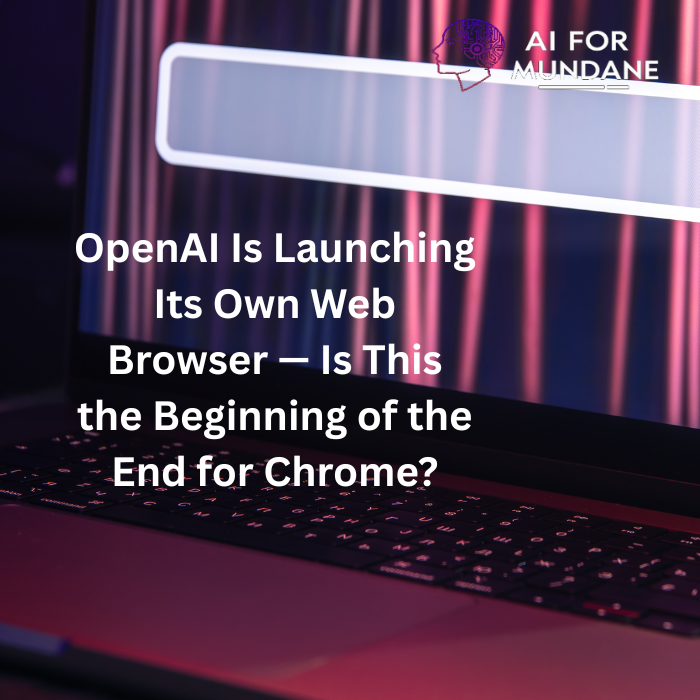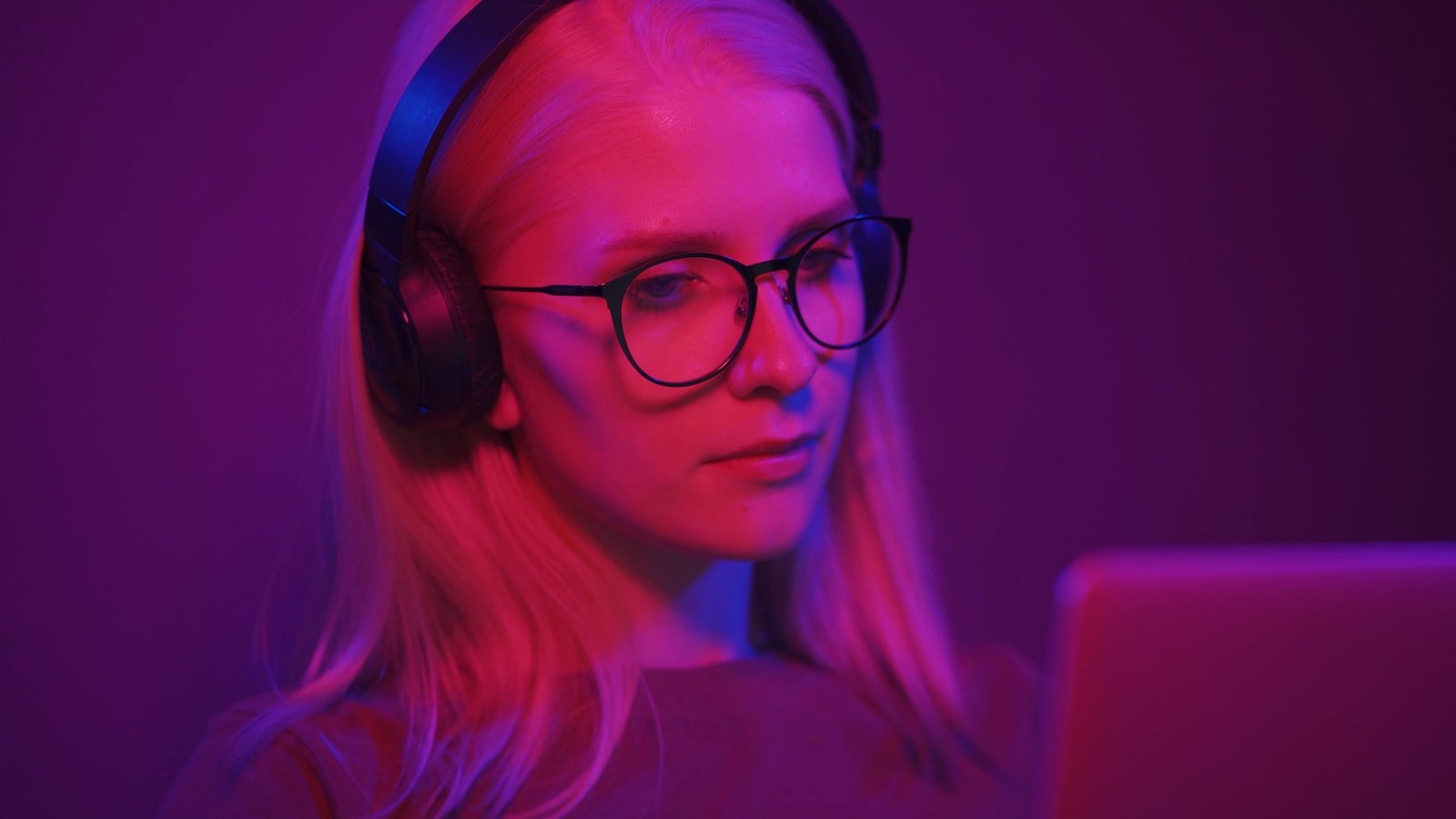OpenAI Is Launching a Web Browser: Here’s What We Know So Far
In a move that could shake up the web browsing world, OpenAI — the creator of ChatGPT — is reportedly working on its own AI-powered web browser. This signals a bold new direction for the company and a potential challenge to Google Chrome’s dominance.
As OpenAI continues to innovate in AI, building a browser seems like a natural step. But what makes this different from just another browser? Let’s explore.
Why Is OpenAI Building a Browser?
The modern browser is more than just a gateway to the internet — it’s the central hub for productivity, learning, and entertainment. With ChatGPT becoming an integral tool for information access, OpenAI may aim to design a browser where AI is built in from the start.
Key reasons this matters:
AI-Native Experience: No need for third-party plugins. ChatGPT and other AI models could be fully integrated.
Smarter Search: Instant summaries, explanations, and contextual answers without traditional search engines.
Privacy & Personalization: AI-driven customization without ad tracking or invasive data collection.
Could It Compete with Google Chrome?
Chrome holds over 60% of the browser market, so any challenger faces a tough fight. However, growing concerns about privacy and digital overload may open the door for a smarter, more efficient alternative.
An OpenAI browser could disrupt Chrome if it:
Enables faster task completion with natural language
Reduces reliance on multiple tabs
Replaces bookmarks and search history with contextual AI memory
In short, it could function as a digital assistant and browser in one.
Potential Features
While details remain unconfirmed, speculation suggests features such as:
Built-in ChatGPT for real-time page analysis
Voice-based navigation and commands
Instant summaries of articles, blogs, and PDFs
AI-assisted e-commerce for price comparison and checkout
Privacy-focused architecture with no ads or trackers
The Bigger Picture
If OpenAI launches its browser in 2025 or sooner, it could redefine browsing expectations much like Chrome did when it overtook Internet Explorer. This move also signals a larger shift in technology:
“The browser is no longer just a gateway to the web. With AI, it becomes a partner in how we think, learn, and work.”
Expect a rise in AI-native tools, smarter digital workspaces, and voice-first browsing experiences.
Final Thoughts
OpenAI’s entry into the browser market would be more than a product launch — it would be a statement about the future of the internet. Whether it dethrones Chrome or not, the shift toward AI-driven browsing is inevitable.
Follow AI for Mundane for more updates on AI trends, tools, and innovations shaping the way we live and work.
Meta Title Options:
OpenAI’s New AI Browser May Rival Google Chrome
OpenAI Browser Launch: A New AI-Powered Chrome Rival
Is OpenAI Building a Chrome Killer? Here’s What We Know
Meta Description:
OpenAI is developing its own AI-powered web browser to challenge Google Chrome. Discover its features, launch timeline, and what it means for the future of browsing.






